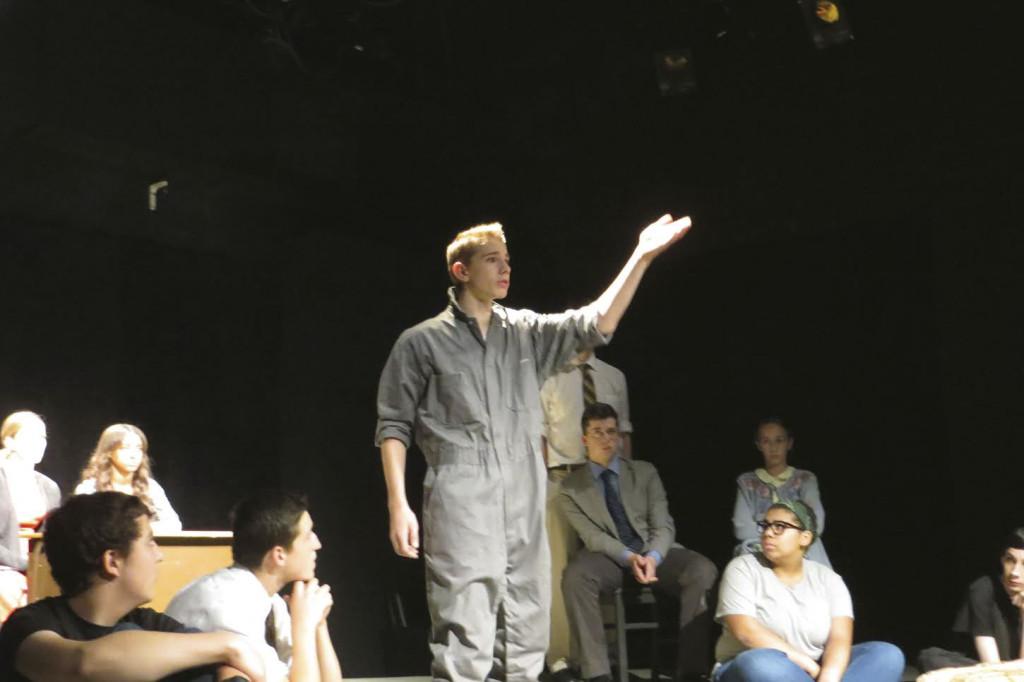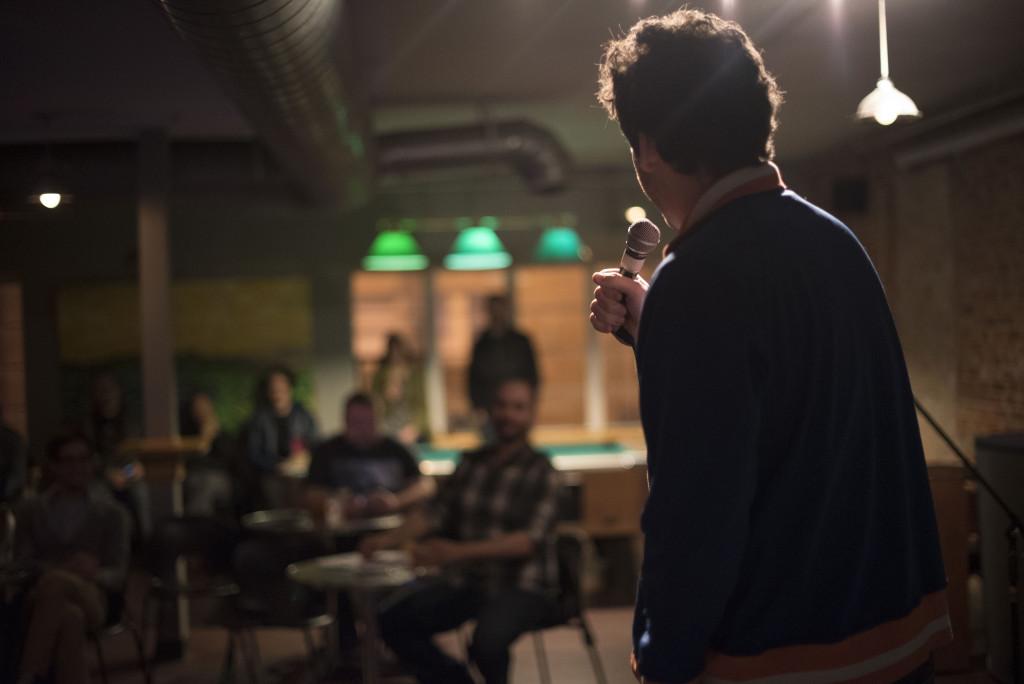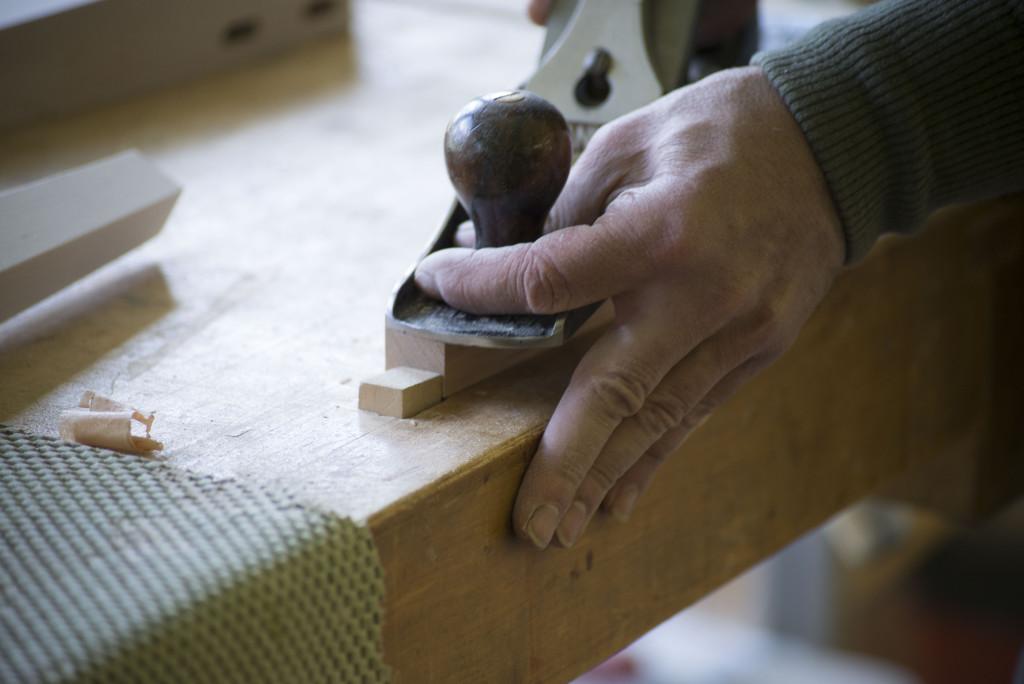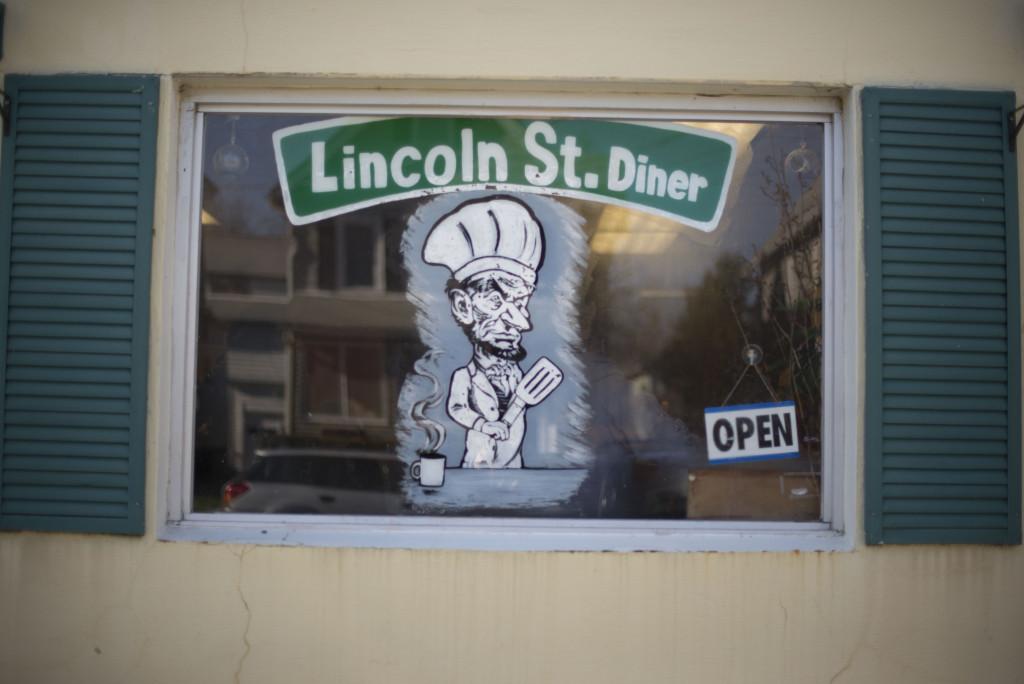Next they do Energy – an exercise that has everyone repeating the word ‘energy’ increasing in volume each time. “Places,” says Jiji, assistant stage manager. “Is everyone in places?”
A few kids clutch their stomachs as if they can actually feel the flutter of butterflies. Lights dim to black over the audience, several cast members find their place on stage, April motions to Talia for a spotlight on Mitchel, and the show begins.
***
“It was Valentine’s Day last year, I called her up, I was like ‘Look, here’s the thing, I liked you, but I don’t like you anymore because you’re really bitchy, and I just need to get that out there because this is way too much.’ She’s like, ‘Oh, I’m so sorry, I can’t believe I was bitchy to you, I didn’t mean to be bitchy to you.’ And then she was incredibly bitchy to me the next day.”
“OK, well here is, like, the epitome of a horrible person. She victimizes herself like no other, making me seem like the bully —”
“Well, you have been pretty mean to her …”
“OK, but not in public!”
Cali sits in the hallway with Noah, Christian and April, phones in hand, backs against the cold cinder block walls. It’s day two of tech week, but that means little to these four who have been in the amateur theater game for years and fully trust that on opening night, it’ll all just come together.
“Honestly, I flip back and forth between hating the theater kid group because like I —”
“Well, you also have another group of friends.”
“Yeah, but like I see it too, they’re all about like ‘I’m going to the best college, I’m going to the best musical theater program, I’m going to do the best, I’m going to get the best grades, take the most APs.’ They’re very competitive, and I don’t like it.”
“It’s all about competition all the time.”
“When it comes down to it, all these people by themselves are —”
“They’re so sweet.”
“How many are there now?”
“Well, who’s in the group chat?”
“Yeah, check the group chat.”
The Core, a self-titled clique, consists of a talented group of boys and girls who push and shove for the lead roles in all the musicals. They claim to all be friends, but as the saying goes, keep your enemies closer.
Cali taps the Facebook app on her phone and pulls up the group chat. She lists off names, and Noah, who got kicked out of The Core a couple years ago, shares his blunt opinions, knowing quite well that Cali is still very much in The Core even though she also has another group of friends.
Cali is a senior at Ithaca High School. She doesn’t really remember her natural hair color and gives off a vibe of smug apathy common among big fish in small ponds. For years, Cali wanted to be Christina Aguilera, but now, she’d settle for anything outside of this town.
April checks the time on her phone. “We should probably go back in.”
April has a cheerful smile and long, blue-streaked braids running down her back. Like Noah, she too had once been in The Core. But when she decided to try her hand at stage-managing, The Core turned its back on her. She didn’t absolutely obsess over being in the spotlight, so really, they had nothing in common.
***
It’s opening night and the house is packed. Five weeks of rehearsal ends at this moment. All eyes lock onto Mitchel. He stands up from the love seat placed downstage center where Hazel (Claire) sits with her legs curled under her. Her face is blank and her eyes are focused on the imaginary television when suddenly a loud crash of thunder blares through the speakers. Mitchel grabs his ears and throws himself back down on the couch. This happens several more times, before finally —
George: (meekly; with a wry smile) Gave me a whole series that time. Brought it on myself — I was starting to think again. I was thinking about my son, Harrison. My son is way above normal — in fact a genius. And I was thinking that instead of putting him in jail for being above average, they should allow him to — (He is stopped by a sudden loud burst of machine gun fire, the sounds of each shot battering his brain. Defeated again, he has difficulty collecting himself.)
This play is called “Welcome to the Monkey House.” It’s an adaptation of a short story collection by Kurt Vonnegut created in 1968 and is about a theater company who puts on different mini-plays. It is largely satirical and has the potential to be funny, but this is a school play in a school where everyone makes the team, even if they have no idea what satire is.
According to SparkNotes – a necessary tool in the art of just getting by – “one of Vonnegut’s most important short stories. Set in a dystopian America in 2081, it is often interpreted as a blistering critique of authoritarian governments. In its blend of satire and science fiction, ‘Harrison Bergeron’ typifies Vonnegut’s work.”
Claire and Mitchel sit cozy on the small couch together watching ballerinas dance on the imaginary TV, when Claire turns to Mitchel and suggests he takes off his handicap bag, which prevents him from having thoughts against the government because he should be safe to do so in his own home.
George: If I tried to get away with it, then other people’d get away with it, and pretty soon we’d be right back in the dark ages again with everybody competing against everybody else. Pretty soon we’d be back to all that inequality.
George, whose brain power is only slightly above average, needs to wear the handicaps, whereas his son, the genius, had to be jailed for his intelligence. Hazel is average.
George: (giving her shoulders a little squeeze) Be glad you’re average.
Hazel: (pleased) You’re always complimenting.
Hazel is so not Core material.
***
It’s the Tuesday before tech week and the stage is finally up. Aside from the permanent rows of seating, the black box theater for a while had been, well, a black box. All is black — walls, floors, doors, chairs. Stages and sets are built as needed here.
Black box simply refers to a space for actors to practice and perform their craft. This could be an empty warehouse, an abandoned storefront or a small room in a high school’s performing arts department. They are typically used for experimental plays with minimal tech design. It’s where an actor becomes an Actor.
The proscenium theatre, on the other hand, is what most people think of when they think of theater. It’s where The Core can stand tall above the audience and perform their sparkling dance numbers.
Cali is the only Core member in the play. A few others had auditioned, but dropped out when the cast list went up and their names weren’t at the top. The lead was given to Noah.
“It’s not cool coming to rehearsal unprepared,” says Mrs. Tino, former actress, slash director, slash high school English teacher.
April attempts the more emphatic approach: “This is insane! We have a week before tech and nobody knows their lines!”
“This always happens,” says Noah under his breath, placing his head into his hands.
Today’s rehearsal called for full cast so everyone could reblock scenes with the set in place, but three kids showed up late: Sam, who definitely needed the rehearsal time; Adam, who has the word YOLO permanently tattooed on his shoulder; and Teddy, who had football practice. One didn’t show up at all. Mrs. Tino kicked her out by the end of the week.
It’s something no director, coach, teacher, mentor, likes to do. Mrs. Tino waited and waited and gave Albanique one chance after another to show up to rehearsal, but as a rule, after five unexcused absences, it’s goodbye.
April called Albanique countless times on her cellphone. No answer. Mrs. Tino called the home phone. Voicemail full. So in the middle of the school day, Mrs. Tino pulled Albanique out of her math class.
Albanique stepped out into the hall, but by this point, the rumor mill had clued her in as to what this impromptu meeting was all about. “I’m going to be replaced. I know. I understand. It’s OK. I understand.”
But there was a lot Mrs. Tino didn’t understand. She drove Albanique home once, an illegal move for a teacher, but she felt better knowing that this young girl got home safe. It’s just Albanique and her mom living in that small apartment in the rundown part of town. And with Mom always working, Albanique’s on her own.
“You’re welcome to — please — come back, when you can. I think you’re really fantastic.” And Mrs. Tino was genuine about that, too. Albanique had a presence on stage all her own. Mrs. Tino left the conversation at that and walked back to her office making a mental note to contact
Albanique’s counselor.
***
Noah also lives with just his mom. He hasn’t seen or heard from his dad in years even though the man lives just an hour north in Syracuse. Noah suffers from sleep apnea, insomnia, and just about everything else that comes with being 17. He has poor grades, a dwindling social life and some girl from Connecticut. But there are no signs of this boy on stage.
Underneath the hot fluorescent lights, Noah becomes Newt — a man of cool confidence, a man always one step ahead of the rest. As theater company director, Newt mostly addresses the audience as opposed to the other players on stage. He explains to them his plans for each mini-play and gives them more insight into each character’s motive and backstory.
The second short play after “Harrison Burgeron” is “Miss Julie,” a short piece written by August Strindberg in 1888. This play however is not performed for the audience. They see the auditioning process but then Newt talks them through the rest. The two leads in this mini-play are Cali and Christian.
Newt: And when we cast them we found the most exciting part of our show was taking place off stage, backstage in the wings, and during rehearsal. I wouldn’t want you to miss that. Strindberg’s bitter battle between the sexes became the background for something else entirely. We discovered we had a drama developing within our production.
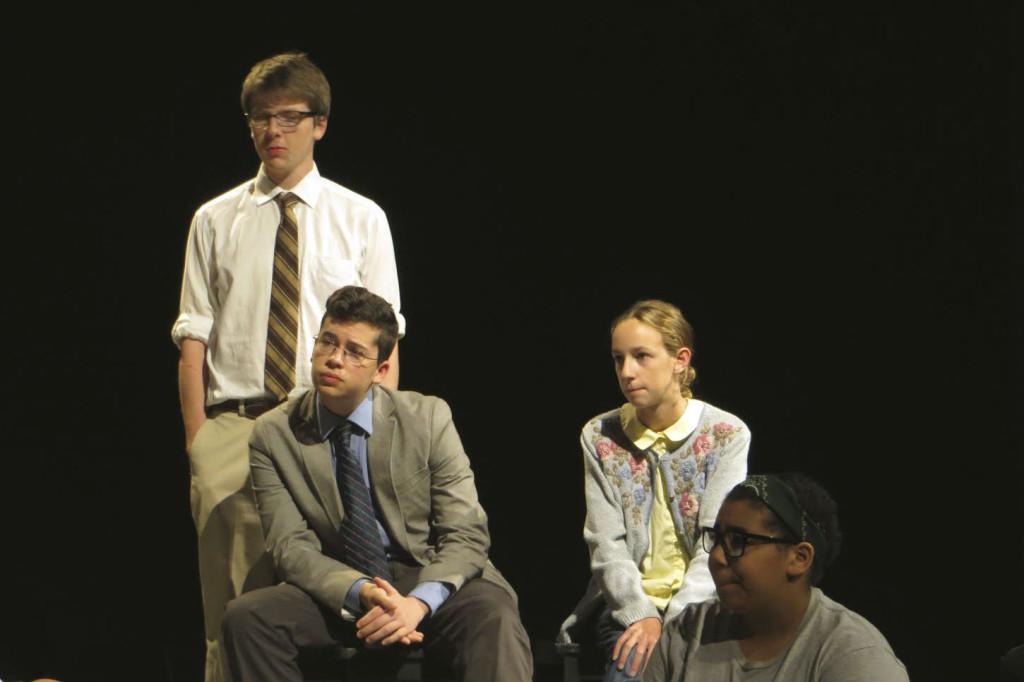
***
Telegraphing is a term used in theater that means letting the audience know a mistake has been made. It’s frowned upon in the theater world, but luckily when Crystal and Ana missed lines and mixed up cues, they were able to play it off.
But when they went backstage, nervous and blushing, Sam was waiting with a smirk on his face. He playfully addressed Crystal in third person and sneered, “She’s especially nervous because her boyfriend’s here.”
Perhaps this comment was to distract everyone else from the fact that not even 10 minutes prior, Sam had his own blunder in front of the audience. It was a wardrobe malfunction and couldn’t be played off so smoothly.
He stormed off stage, cheeks burning, eyes wide, searching for a face to blame. The costume designer? Was somebody touching the props who shouldn’t have been?
It was still Act I, and maybe exhaustion was the only thing to blame.
Act I, nearly twice the length of Act II, ends with a mini-play called, “The Euphio Question.”
Nancy: Meaning “euphoria”?
Newt: The obvious meaning.
Susanna: Is there a less obvious?
Newt: If you want relevance, let’s say “euphemism.”
Nancy: Euphemism for what?
Susanna: Relevant to what?
Newt: Let’s do the show.
Noah runs offstage and into the center aisle dividing the rows of seating. This wasn’t a stage direction, but a decision he made based on how he saw his character in this moment. It’s what separates the ones who do this for the love of it and those who do it as an after-school activity.
Mrs. Tino favors the more talented kids and when rehearsals ran smooth because of it, Mrs. Tino would say in a not-so-subtle sing-songy voice, “Because that’s what happens when you work with experienced actors, and they can make decisions.”
From that position, standing in the middle of the audience, Newt directs his theater company to set up the stage for “The Euphio Question.” Three chairs downstage center. Small couch kitty-cornered stage left, side table next to it. Coffee table stage right.
Newt: Off — everyone offstage.
Noah runs back down from his spot among the audience and runs around to the control booth raised up just behind the last row of seats. His heavy feet sprint the five steps and from there, though the audience can’t see him, he extends his arms out, admires his handy work and says, “The Euphio Question.”
The lights dim real low, and Adam takes his place on stage, alone. Adam’s the one with the YOLO tattoo, the one who ordered Chinese food in the middle of rehearsal one night. He’s very nervous about this monologue, but the audience can’t tell. At a young age, Adam mastered the art of masking weaker emotions in front of watching eyes. April cues for a spotlight, and Adam becomes Arthur.
Arthur: Ladies and Gentlemen of the Federal Communications Commission. I appreciate the opportunity to testify on the subject before us …
Adam flows through the monologue flawlessly. His diction is clear, and his character is believable and by the middle of it, the audience has some idea of what this whole thing is about.
Arthur: Lew, Fred and I found peace of mind by turning on a gadget the size of a table radio. No herbs, no golden rule, no sticking our noses in other people’s troubles to forget our own, or contemplation of a lotus. The gadget is an electronic something-or-other, easily mass-produced, that can — at the flick of a switch — provide instant tranquility.
The mini-play verges on absurd when one of the characters turns on the “euphiophone” and they all spend two days in a state of hyper-euphoria, so high they wreck the house without a care and forget about consuming food and water. When the apparent storm outside shuts off the power, the euphiophone shuts off too, and the high becomes a low equally as low as the high was high.
And on the first night of tech week, after four prior weeks of rehearsal, Maddie finally asked Mrs. Tino, “What does that mean?”
“Euphoria means extreme happiness.” She smiled to herself and with a dismissal wave of her hand and said, “Your parents will know that.”
***
George: Think of it this way. Our aim is to make the world more beautiful than it was when we came into it. (With conviction) It can be done. You can do it.
Jim: (Bursting out of him) How?
Act II is a half-hour long mini-play called “The Kid
Nobody Could Handle.” It’s the music teacher, George, who shows the kid the power and beauty of music and turns the kid’s angsty, rebellious behavior around.
George: Just — love yourself — and make your instrument sing about it.
A-one a-two a-three …
Twenty-six high school students crowd the small makeshift stage. The audience, a mix of supportive friends and family, clap their hands together, their faces beaming with pride. Noah steps up and takes a bow by himself. He clasps his hands together, his eyes gleam with satisfaction and a hint of arrogance.
***
At home, Noah is the man of the house. He walks with his back straight and shakes his head at stupid jokes, but Saturday night, after the second showing of the play, Noah heads straight to Purity Ice Cream with fellow cast members Owen and James.
The boys walk up to the counter all grins and giggles. Noah throws his arms around the boys’ shoulders and orders The Expedition. This 8-scoop ice cream sundae topped with any candies and sauces of your choice is meant to be shared among eight people, but these three boys are going for it alone. They did it last year after the play, which makes it a tradition now.
On top of the eight eclectic scoops of ice cream is hot fudge, caramel, strawberries, M&Ms, Oreos, Butterfingers and Gummy Bears. The boys each grab a spoon and a small cup of water. Other cast members are waiting for them outside on the picnic tables. Noah, Owen and James pick a table for themselves. The kids crowd around, each picking a different social media app to document this expedition.
“The key is the Gummy Bears.” Noah nods at his accomplices and digs in.


